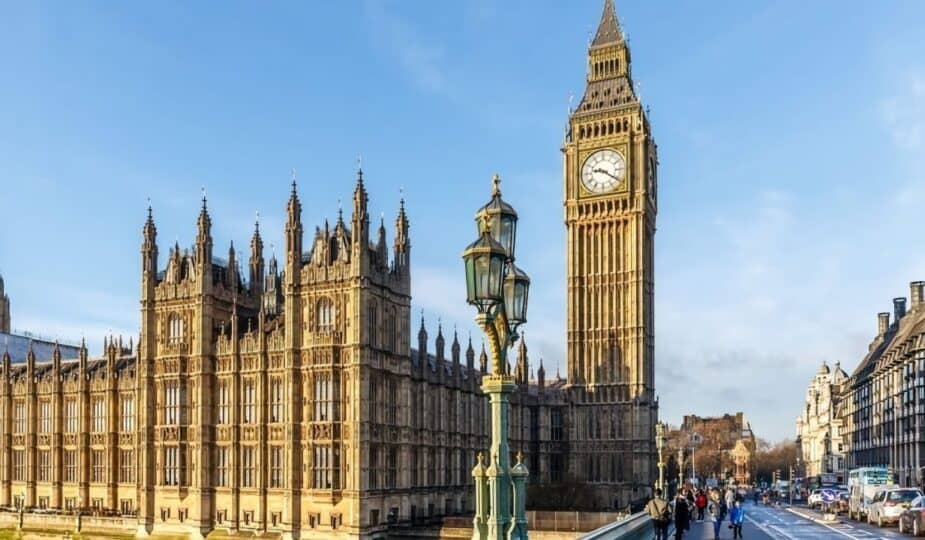UK Parliament
 0 Facebook x.com Reddit
0 Facebook x.com Reddit
After years of promising legislation against big tech companies like Apple, the UK has now fast-tracked the process of getting a clone of the Digital Act markets, adopted before the general elections.
So far, Britain's progress in its insistence on controlling big tech companies has been slow, to the point of ridicule. It announced the creation of a government department in 2020, but only began creating it in 2021. Then, when it launched with at least 60 people, the UK literally gave it no authority to do anything until 2023.
However, also in 2023, the Digital Markets Unit (DMU) finally began work on the Digital Markets, Competition and Consumers Bill. While its stated aim is to lead to the establishment of codes of conduct for large tech companies, it is a step towards emulating the existing Digital Markets Act in the EU.
It was this EU law that forced Apple to allow third-party app stores on the iPhone, and soon on the iPad. Following the passage of the law, the EU launched numerous investigations into Apple that could lead to fines.
According to the British newspaper Press Gazette, the bill would allow the government to fine tech companies 10% of their annual turnover if they are found to be abusing their market power. It is unclear how such abuse will be determined, but it will include whether companies:
- Trading on fair and reasonable terms
- Offer options to users or potential users or default settings with respect to relevant digital activities so that those users or potential users can make informed and effective decisions regarding those options or settings for their own benefit.
- Provide explanations and notice to users or potential users relevant digital activity for a reasonable period of time before making changes to the relevant digital activity if those changes are likely to have a significant impact on users or potential users.
This is all just talk for now. How the parts will work remains to be seen.
However, this bill was only one of very many pieces of legislation that passed through the UK parliamentary system — until this week. On 22 May 2024, Prime Minister Rishi Sunak called a general election and this immediately changed the order of things.
The UK general election does not have a fixed date like the US presidential election, it just has to fall at a specific time. But once the date of 4 July 2024 has been set, it also follows that Parliament will be dissolved on 30 May 2024.
Bills cannot be carried from one parliament to another, so Britain was choosing which it would rush through and which it would abandon. As a result, on May 23, parliament discussed and adopted the bill.
“It's been quite a long journey if you look back at the emergence of the digital package of bills over the last two years,” said Lord Clement-Jones (Lib Dem) in a debate detailed in Hansard, “beginning from the Internet Safety Bill, then the Digital Markets Bill, and now the unapologetically Data Protection Bill, and I look forward to further digital legislation in the autumn or early next year.”
“Overall we think this is a good bill that takes the first steps to regulate the behavior of big tech companies, which is long overdue,” said Baroness Jones of Whitchurch (Labour).
As for the Conservatives, the party currently in government responsible for the bill, Lord Offord of Garvel said it “will be vital to stimulating growth, innovation and productivity, as well as protecting consumers.” .
Once a bill has been passed, the next step before it comes into force is for it to be approved by the British monarchy. This approval is scheduled for today, May 24, 2024.
Follow AppleInsider on Google News.










